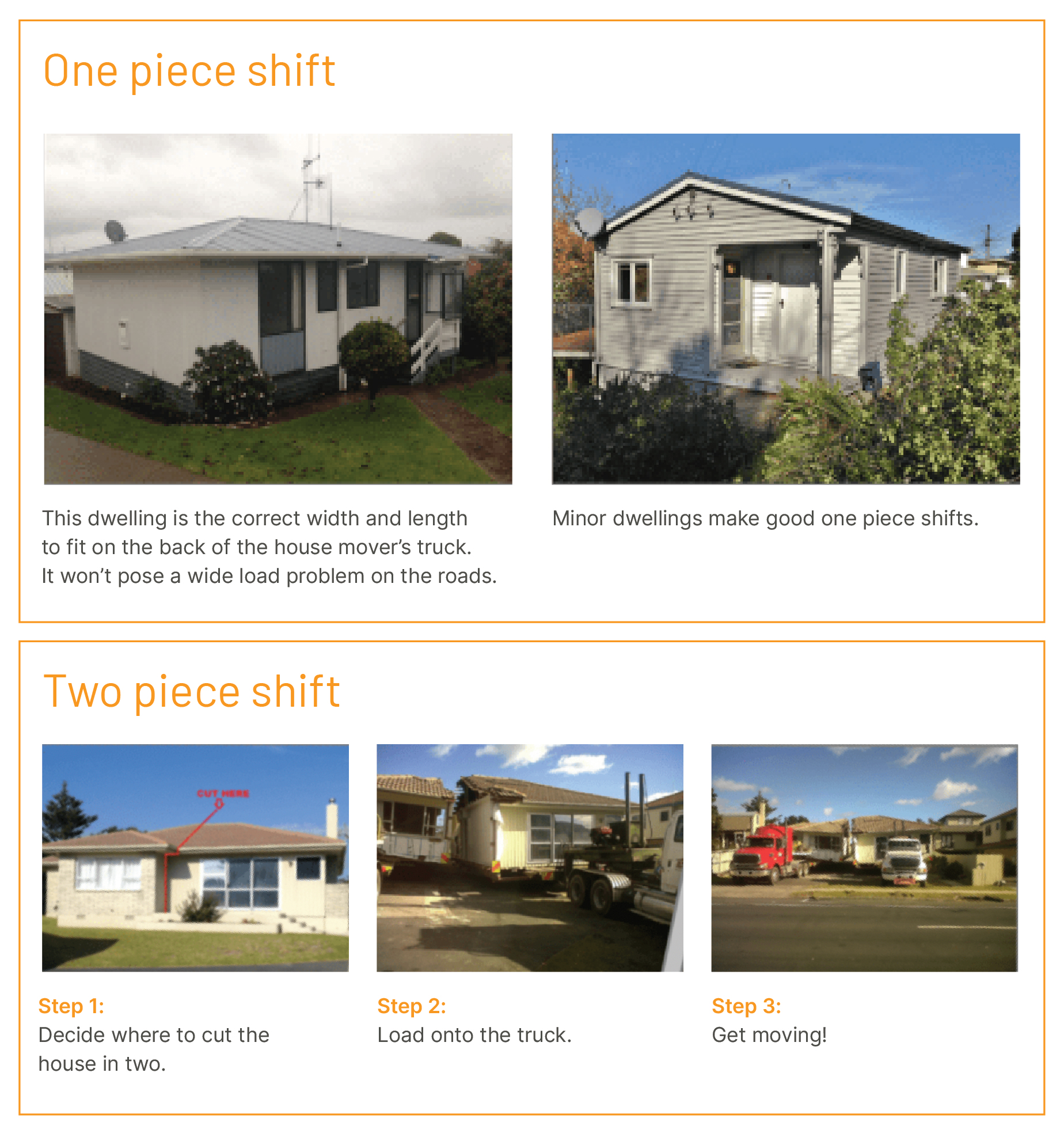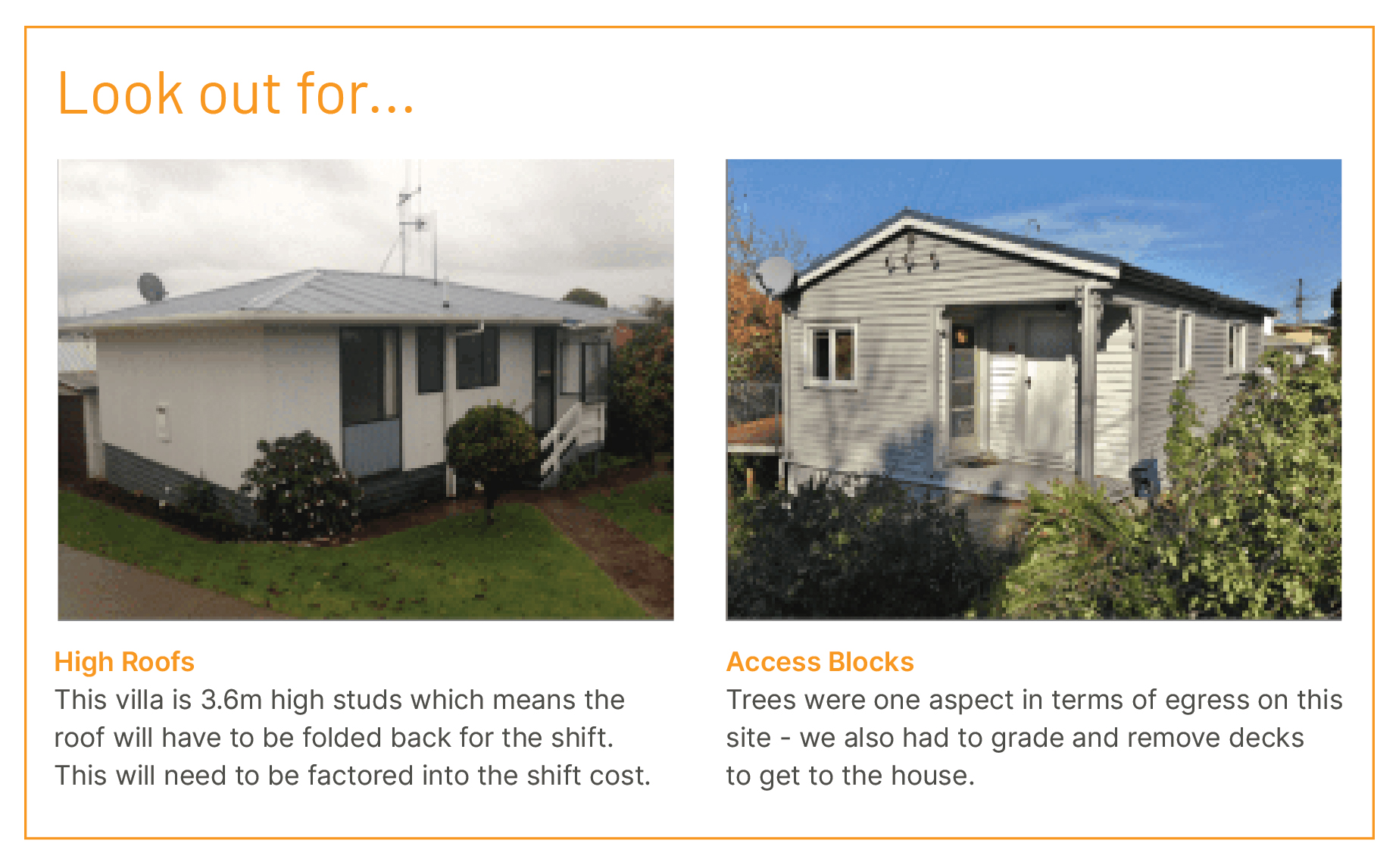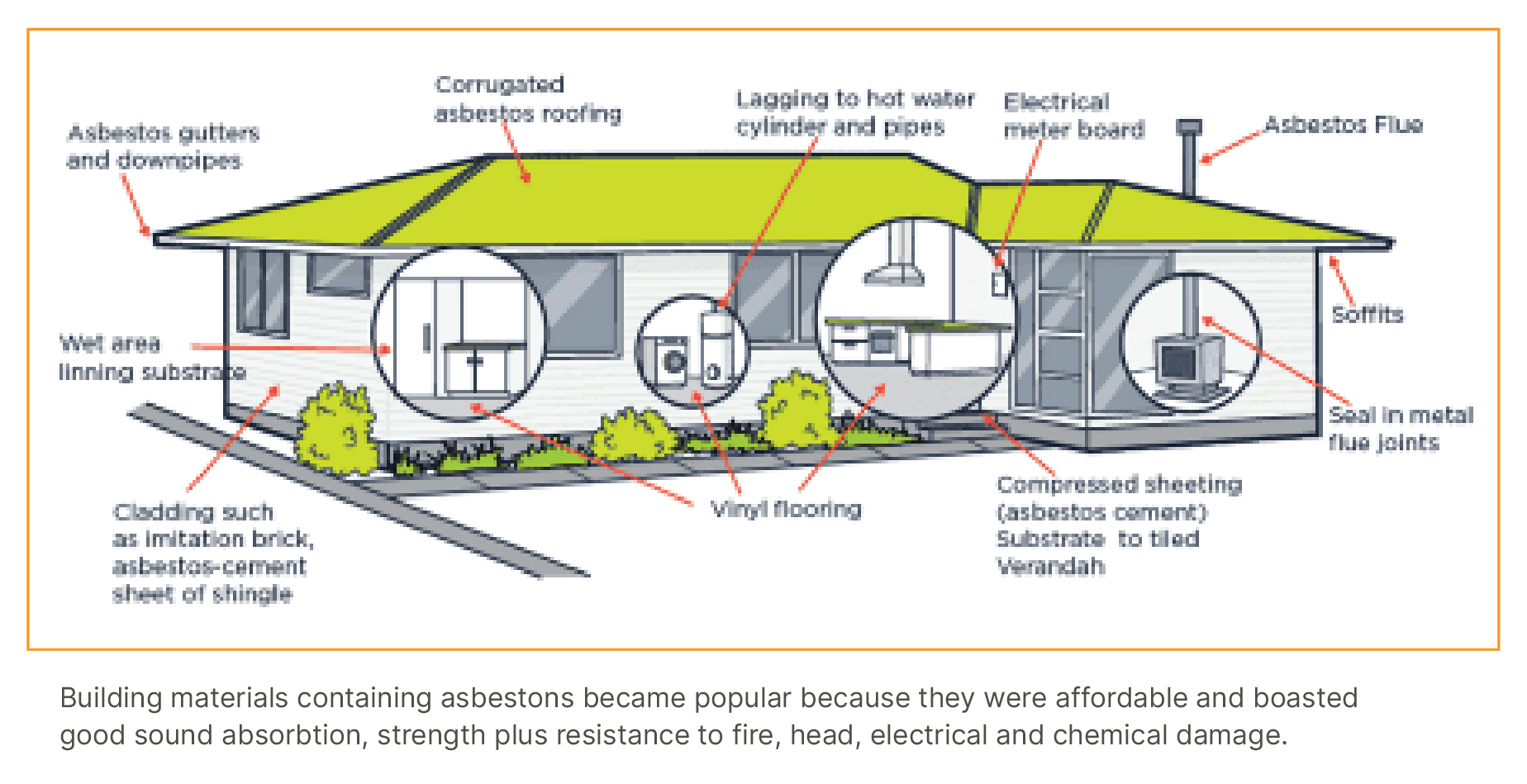Below we cover some of our more frequently asked questions about housing projects, and in particular relocations. If you would like any further information, please feel free to contact us to discuss your query.
1. Why should I look at relocating my house?
Demolition is often the ‘go to’ for house removal when a site needs to be cleared for future development. This may be considered the easier or only option for many house owners who are not aware of alternatives such as house relocation. Demolition is however a costly option and one that has long term consequences that some do not consider. These include
Environmental Impacts
There is a shift in our communities towards reducing, re-using and recycling, and most people find it easy to make small changes in their day to day lives to minimise use of plastics and other non-recyclable materials. This conscious approach needs to be considered when demolishing a house, where 20-25 tonnes of debris can be created and dumped into landfill each time. At least a couple of tonnes of this material could be recycled, or in the case of Relocating a house salvaging the entire thing!
Social Impacts
The housing shortage in New Zealand continues to be a hot topic. Every house that is demolished makes space for a new house – meaning we are replacing 1 house with another. By relocating the house to a new site, we are increasing our housing stock.
It is often much more affordable to buy a relocatable home, have it shifted and complete some renovation work than buying or building a new home. This opens the possibility of home ownership to a lot more people, and we firmly believe more families owning the own home creates better families, better communities and better futures.
Economic Impacts
House demolition isn’t only bad for our environment, it is also a waste of money. A demolition will put you of pocket by thousands. This is money that could be better spent on your next housing project, your kids’ education or an emergency family fund. In many cases, relocation won’t only save you the demolition cost. It will increase your existing budget.
Emotional Impacts
Many home owners look back fondly on memories created within their homes and the house itself is a big part of this memory. Because of this, demolishing a house can be a heart-breaking experience for some. By relocating a house you are giving another family the opportunity to create their own story and memories – without feeling like you have lost yours.
The Solution is Relocation.
If you want to know more it is time to get our expert consultants to give you a FREE Appraisal on your house and get you into the next phase of house removal. You can also download our Seller’s Guide or give us a call on 0508 4 RELOCATE (473 562).



